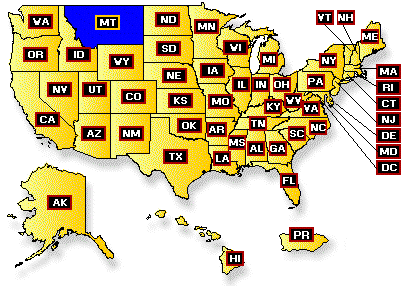
Employers of all sizes have to provide employees with jury duty leave. Both federal and state laws apply in this area.
Federal law. Employees have the right to take leaves of absence to serve as jurors in federal courts, under the Jury Systems Improvement Act, a federal law. Under this law, an employer can be sued for discharging or otherwise intimidating an employee because of that employee's jury service. You should note that this applies only to service as a juror in federal court; it does not apply to service as a juror in state or local court.
State law. As you might have guessed, the state laws are the ones that protect employees who serve on state and local juries. The laws are not all exactly alike. Most states prohibit an employer from discharging someone who takes leave to serve on a jury. Some prohibit other forms of reprisal or threats of reprisal. Some treat violations as misdemeanors or as contempt of court; others authorize the employee to bring a court action for reinstatement and damages. Some states specifically say that an employer does not have to pay for the lost time or that it may set off from wages any money received by the employee for juror service.
Click on your state on the map below to see what your state's laws on leave for jury duty are. States colored in blue have no laws on the subject.

What about witness leaves? Jury duty is not witness leave. Generally, you are free to set your own policy in this area. Employers in California, Florida, Georgia and Michigan, however, should be aware that those states have laws that may require employers to provide employees with time off to serve as a witness.
You may want to create
a policy that explains your procedures for employees who need to take leave
to serve on a jury. Be sure, too, that you know how
to handle requests for jury leave.